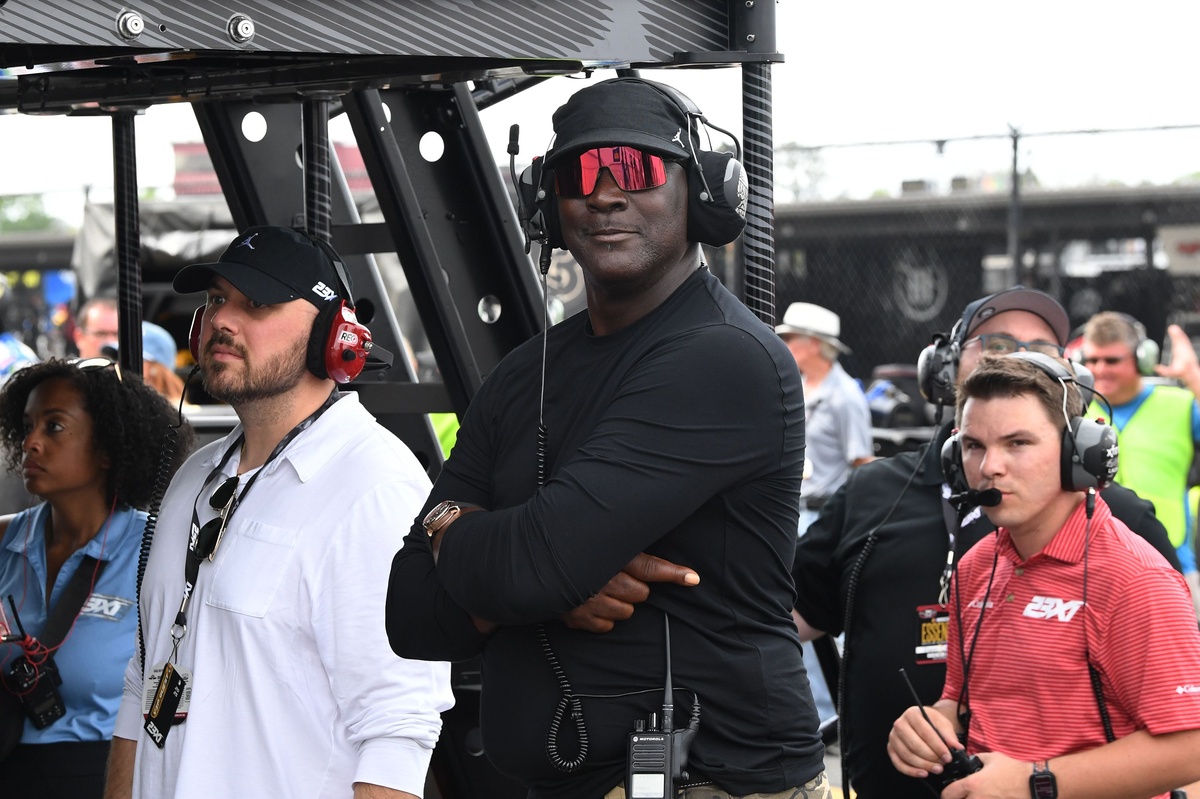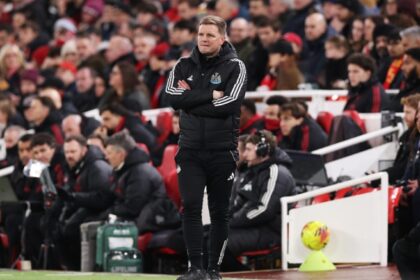The court recently issued a temporary restraining order (TRO) while exploring new interim injunctions for 23XI Racing and Front Row Motorsports (FRM). The teams were aiming to secure a TRO to stop NASCAR from canceling their charters but were unsuccessful. As a result, they will enter the upcoming Dover Motor Speedway race as open entries.
For the 23XI lineup, car No. 23 is driven by Bubba Wallace, No. 35 by Riley Herbst, and No. 45 by Tyler Reddick. FRM’s drivers include Noah Gragson in fourth place, Todd Gilliland in 34th, and Zayn Smith in 38th. Interestingly, the judge suggested reconsidering the TRO denial if either team faced the possibility of missing the race due to field size, which is currently capped at 40 cars with only 37 entries. Should 23XI or FRM be at risk of exclusion, it could be seen as irreparable harm, potentially qualifying for a TRO.
Originally, both teams were granted an injunction last December enabling them to compete under a 2025 Charter Agreement as they sued NASCAR over contract issues. Their lawsuit questioned the release clause (the right for either party to sue) and accused NASCAR of operating an illegal monopoly violating antitrust laws. Both teams also expanded to three-car operations by purchasing charters from the now-defunct Stewart-Haas Racing. However, on June 5th, the Fourth Circuit court overturned this injunction, and the teams’ request for rehearing was denied.
Moving forward, 23XI and FRM have submitted a new request for a preliminary injunction with a TRO, citing fresh evidence and alleging NASCAR’s intention to sell the charters soon. Although this was not addressed in the recent ruling, NASCAR assured the court that no charter sales would occur before a decision is made. This situation presents a significant financial setback, as the absence of a charter impacts weekly earnings and could void certain driver and partner contracts. Additionally, if race entries exceed 40 cars on a given weekend, non-chartered teams must qualify solely on lap times, losing guaranteed race spots.
While this does not directly influence championship contention—since open teams can compete for titles under the same rules as chartered teams—the financial strain makes full-season competition impractical for open teams.
—
Fan Take: This legal battle underscores the high stakes involved in NASCAR’s charter system, which is crucial for team stability and financial viability. For fans, the outcome could reshape the competitive landscape, affecting team lineups and the sport’s broader business model moving forward.



